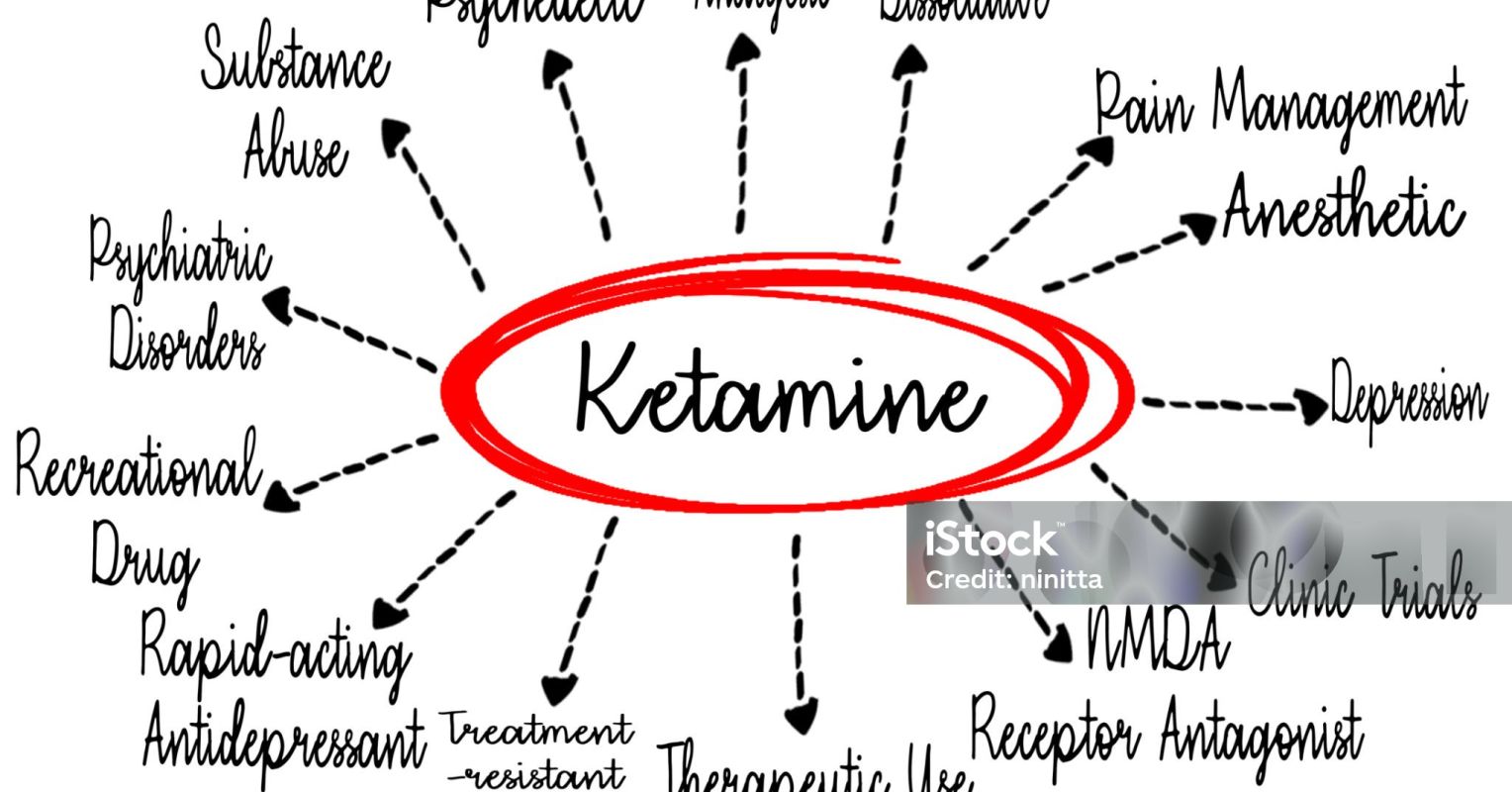
"Deaths from ketamine abuse, while still low compared to other substances, are increasing. Ketamine access remains relatively simple and significantly cheaper than to cocaine."
"Use is shifting from occasional club or party intake to daily, ill-advised, at-home self-medication, including attempts to alleviate anxiety, stress, depression, and PTSD."
"The BMJ editorial confirms ketamine-induced urotoxicity, with urinary incontinence, bladder pain ('k-cramps'), reduced bladder capacity, sometimes requiring reconstructive surgery or bladder removal."
"Non-prescribed ketamine use has skyrocketed, with more than 3,600 individuals starting treatment for ketamine addiction in 2023-1924, more than eight times the number a decade earlier."
A recent BMJ editorial reveals a significant increase in non-prescribed ketamine use in the UK, with over 3,600 individuals starting treatment for ketamine addiction in 2023-1924. This marks an eightfold increase over the past decade and indicates a shift from recreational use to self-medication for mental health issues. Concerns exist over well-documented health risks, including urinary damage and cognitive impairments. Ketamine’s accessibility and affordability have contributed to rising abuse, with an alarming increase in smuggling incidents. The editorial underscores the serious public health implications of this trend.
Read at Psychology Today
Unable to calculate read time
Collection
[
|
...
]